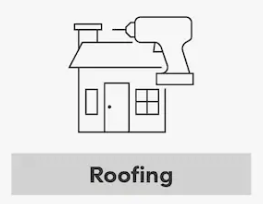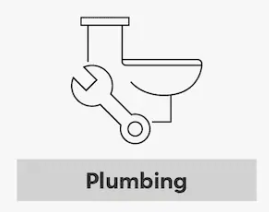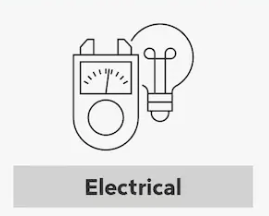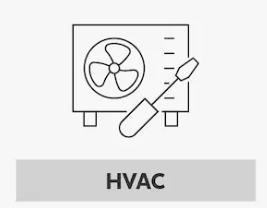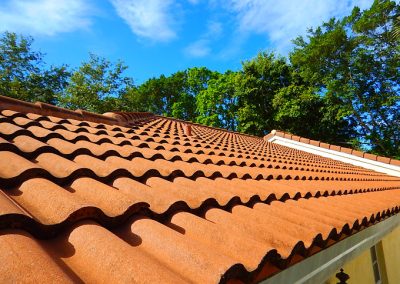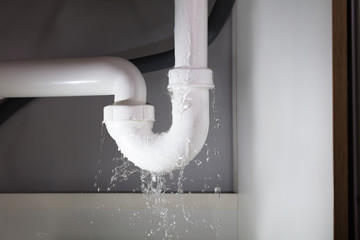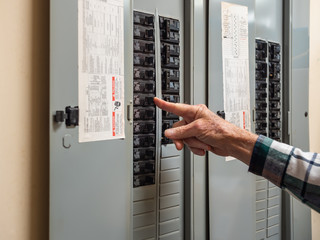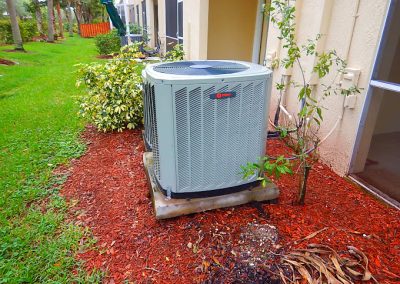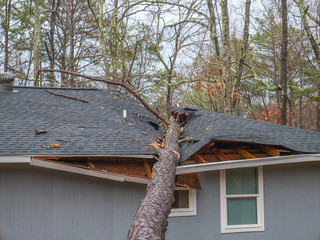
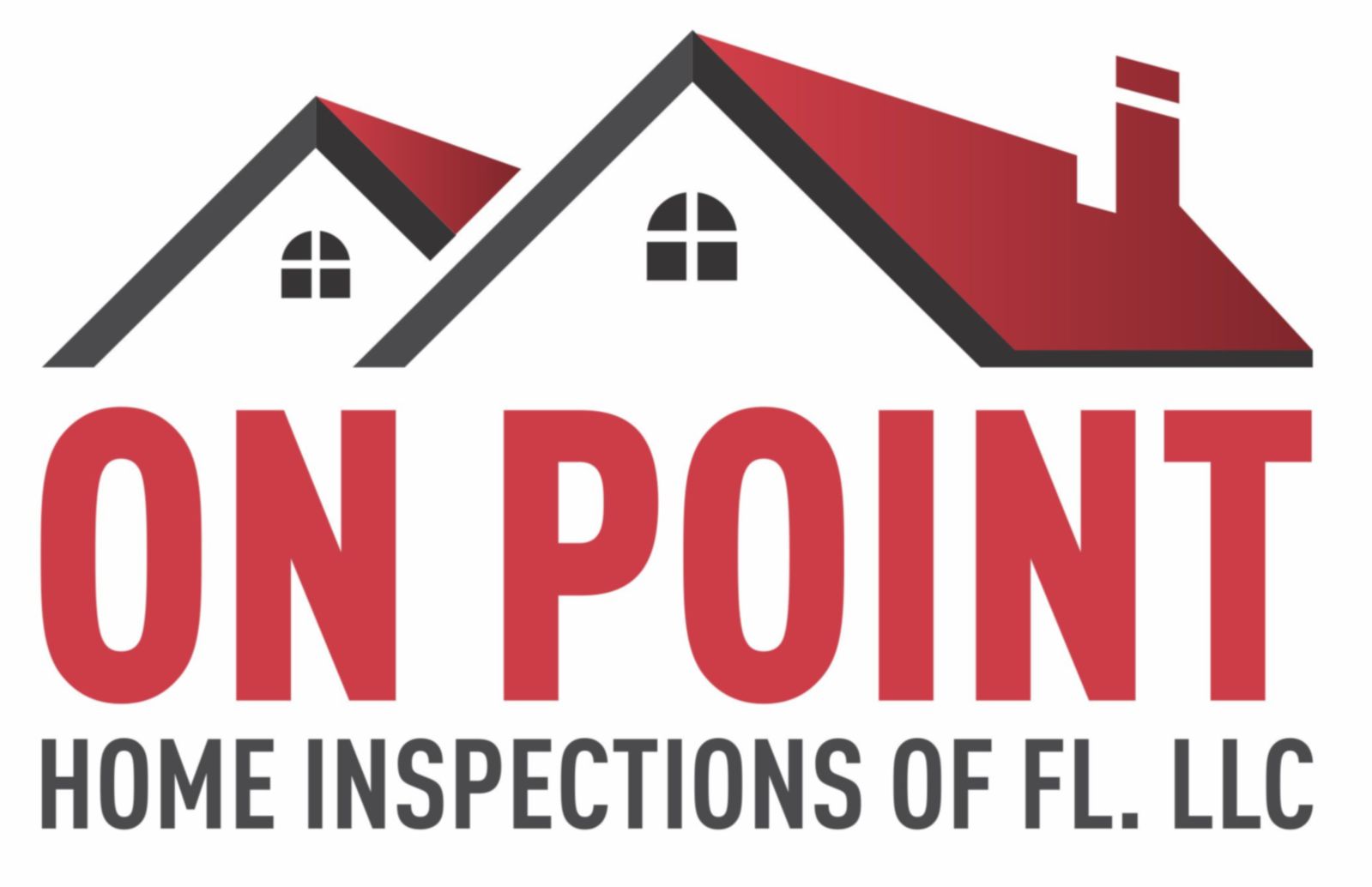

A 4 Point Inspection is an examination of the current condition of a house or condominium, this specific inspection is requested by homeowners insurance companies before someone can renew or be eligible for their desired coverage plan. With the passing of time, insurance companies have enforced strict requirements on the qualifications and certifications of home inspectors. Especially those who perform 4 Point Inspections on the homes of their clients. This is why it is ever so important, that you do your research when hiring a 4-point home inspector.
It is ever so crucial that you research the person you hire, and be certain to make sure that they are insured and licensed. Always without fail. hire an experienced, established, and respected inspector. Someone who is familiar with the process of these very specific insurance inspections. A professional that can guide you, while answering any inquiries you may have. In the long run, we believe it is better to have it done right the first time than be haunted by it in the future. Remember that every insurance company has its own guidelines on what is acceptable and/or not.
Money doesn’t grow on trees, you work hard for it as do we. At On Point Home Inspections of Florida. LLC, we take pride in the quality of the work we deliver and how we treat our clients. With that being stated, we would be honored to have the opportunity to serve your home inspection needs and to assist you with any inquiries you may have. Feel free to contact us direct at (305) 788-8910 to schedule your 4-Point Inspection.
The following is a comprehensive look at a 4 Point Inspection and the components it includes.
As the roof is often the first line of defense in most perils, insurance carriers are highly concerned about the condition of one’s roof before binding coverage on that home. We are unaware of any Florida admitted insurance carrier that will accept a roof with less than three years of useful life left on it. In addition, any major signs of roof leaks, roof damage, or roof deterioration such as shingles or tiles that are curling, lifted, loose, or missing will often require repair before binding coverage. Failure to address these repairs may lead to an unwanted costly expense in the future.
The Plumbing System:
Flooding and water damage are common claims among insurance carriers. The 4 Point Inspection will look specifically at the type of plumbing pipe used in your home, such as copper, galvanized, pex, or cpvc. The only prohibited plumbing pipe with all Florida admitted carriers is Polybutylene piping. Galvanized is becoming more of a concern, and some carriers are even concerned about PEX. Other parts of the plumbing system inspected include the water heater (including the pressure relief valve), the drain lines under plumbing fixtures, and the washing machine hoses. Any signs of leaks or deterioration can be a major red flag for carriers. They also like to see that fixtures and components are being updated on a regular basis, some carriers will not write policies on homes where the plumbing fixtures and drain lines have not been updated.
The Electrical System:
A number of components are of concern to the insurance carriers as it pertains to the electrical system of your home. One of those concerns that have been making headlines is concerning aluminum branch wiring. Without replacing your aluminum wiring with copper wiring or having an electrician perform a proper retrofit by adding copalum or alumiconn crimps to your aluminum wiring you will not be able to get insurance with an admitted carrier in Florida. Other electrical concerns are your incoming service, most carriers now mandate a minimum of 100 amps service into your home. Fuse panels are no longer allowed and must be replaced with circuit breaker panels. There are a few circuit breaker panels that have had failures and are no longer allowed such as Federal Pacific Stab-Loc Panels that have been known to be a fire hazard. In general, any exposed or unsafe wiring, as well as older wiring such as Knob and Tube wiring is not typically insurable.
The Heating and Air System:
This system is not normally as high of a concern to the insurance carriers, however, there are some situations that do cause some concerns. Some carriers will not write a home that does not have central heat and air (not all so just be sure to shop around). Most carriers, probably all, will not allow the use of portable space heaters with direct heat. Many insurance carriers do not like floor furnaces or baseboard heaters. For the average Florida home with central heat and air, you will most likely be okay in this category, insurers do prefer and some require that your central heat and air units be 15 or fewer years old
Wind Mitigation:
What is wind mitigation? Wind mitigation is the process of adding features to your home to reduce the likelihood of your home suffering damage during windstorms as well as help you save a lot of money on your home insurance.
A wind mitigation inspection is an inspection that identifies all of the wind-resistant features employed in the construction of a building (house, condo, apartment, etc.). We recommend you check your wind mitigation report for an expiration date. Reports are only good for 5 years and a new inspection is required in order to receive your insurance discounts. During a wind mitigation inspection, a certified inspector (like ourselves) reports on the key features that may decrease the amount of damage your home suffers during a hurricane or strong windstorm. These features fall into several categories, such as exterior construction type, roof shape, and construction methods, age of roof covering, door and window opening protection as well as the actual year the home was built. Another factor may be the elevation of a property and how it relates to wind speed.
